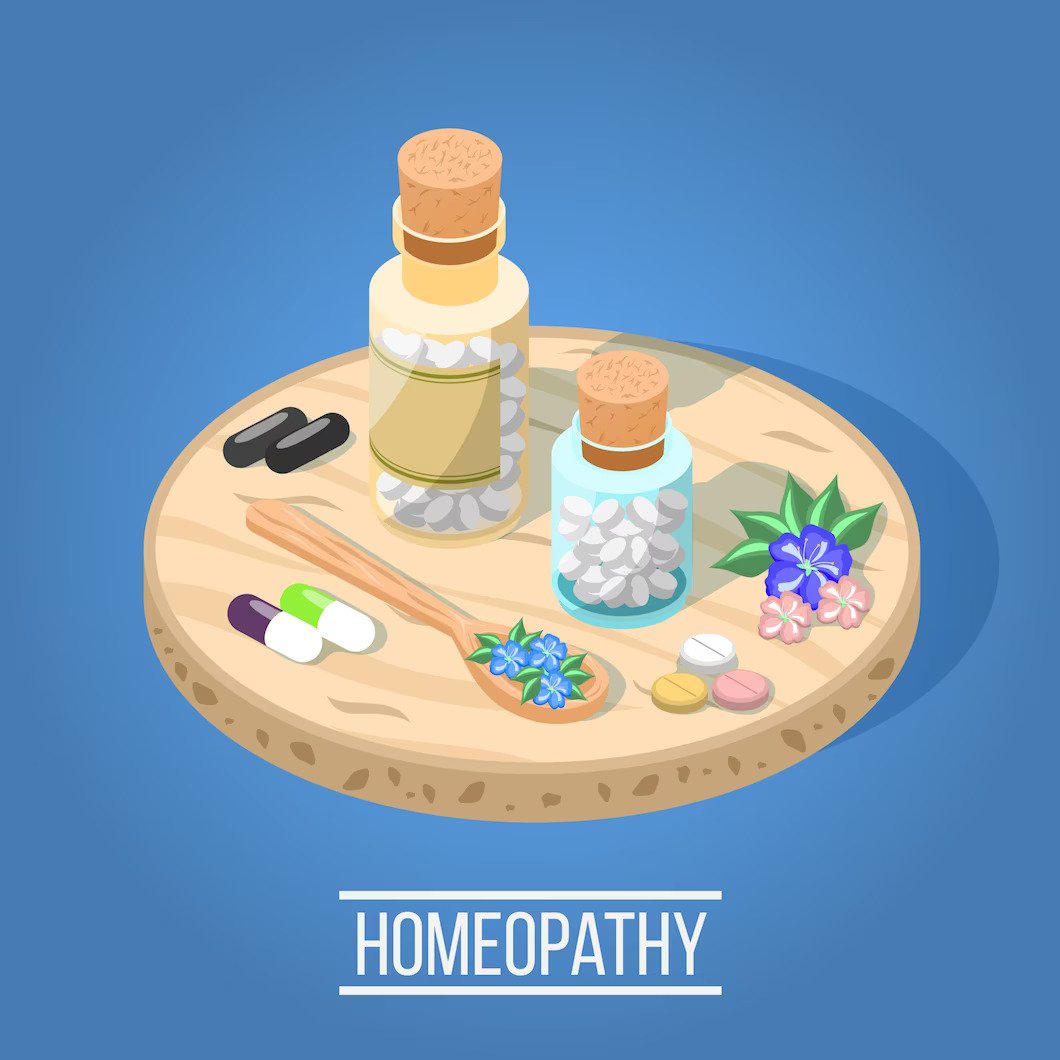
LETS UNDERSTAND WHAT ARE HORMONES AND ITS DISORDERS…
Hormones are chemicals that coordinate different functions in your body by carrying messages through your blood to your organs, skin, muscles and other tissues.
INSULIN
The fat-storage hormone, insulin, is released by your pancreas and regulates many of your metabolic processes. This hormone makes it possible for your organs, liver, and fat to absorb glucose. If your body doesn’t generate enough insulin or if it isn’t using it well, blood sugar accumulates and can set you up for diabetes.
MELATONIN
The pineal gland in your brain produces melatonin, which is instrumental in your sleep/wake cycles and your internal body clock. As the light of day becomes the dark of night, your brain amps up your melatonin levels to prepare you for sleep. Interruptions to natural darkness impair melatonin levels and sleep quality. For instance, late-night exposure to the blue light of screens can interrupt natural sleep patterns.
ESTROGEN
Also known as the female sex hormone, estrogen is released by a woman’s ovaries. It’s a crucial element of the development of breasts, pubic hair, and the widening of hips. In addition to regulating a female’s periods, estrogen is also involved in bone formation, blood clotting, and the health of your skin and nails. If you are depleted in estrogen, you may have low moods or depression. When estrogen levels fluctuate, as they do during menopause, you may experience hot flashes, low libido, and weight gain.
TESTOSTERONE
Testosterone is a sex hormone that’s manufactured in male testicles and female ovaries. It’s most often associated with sex drive, but is also closely associated with muscle and bone mass and the distribution of fat cells. Low levels of testosterone cause erectile dysfunction, low sex drive, decreased semen production, loss of muscle, and low bone density.
CORTISOL
Cortisol is the stress hormone. It’s a natural alert system to let you know when you’re under duress. While it’s helpful when you need to be aware of imminent danger, consistently high cortisol levels can lead to anxiety, weight gain, migraines, heart problems, irritability, brain fog, and sleep disturbances.
FEW VERY COMMON HORMONAL DISEASES.
PCOD:-
PCOD (Polycystic Ovarian Disease) is mostly caused by a combination of hormonal imbalance and genetic tendencies. In a standard menstrual cycle, the two ovaries will alternately release mature, ready-to-be-fertilized eggs each month.
The cause of polycystic ovary syndrome isn't well understood, but may involve a combination of genetic and environmental factors.
Symptoms include menstrual irregularity, excess hair growth, acne and obesity.
Complications of PCOS can include:
Infertility
Gestational diabetes or pregnancy-induced high blood pressure
Miscarriage or premature birth
Nonalcoholic steatohepatitis — a severe liver inflammation caused by fat buildup in the liver
Metabolic syndrome — a cluster of conditions including high blood pressure, high blood sugar, and unhealthy cholesterol or triglyceride levels that significantly increase your risk of heart and blood vessel (cardiovascular) disease
Type 2 diabetes or prediabetes
Sleep apnea
Depression, anxiety and eating disorders
TREATMENT INCLUDES:
LIFESTYLE CHANGES
ORAL CONTRACEPTIVE PILLS
PROGESTIN THERAPY
HOMOEOPATHIC TREATMENT

LETS UNDERSTAND HOW HOMOEOPATHY WORKS…!!

HOMOEOPATHY WORKS AS A HOLISTIC AND INDIVIDUALISTIC APPROACH.
AS WE KNOW PCOD IS A HORMONAL DISORDER WHICH IS DUE TO IMBALANCE IN PSHYCHE..
DURING HISTORY TAKING, THE PATIENT IS ENQUIRED IN DETAIL INCLUDING THE PATIENT’S NATURE; BEHAVIOUR; HOBBIES AND EVERY SMALL DETAIL..
ALL THE DETAILS HELP IN UNDERSTANDING PATIENT’S DISEASE AND HELPS IN CURING THE DISEASE FROM ROOTS..
THE NEXT SLIDE WILL SHOW YOU RESULTS OF PCOD CASES RESOLVED WITH HOMOEOPATHY.

